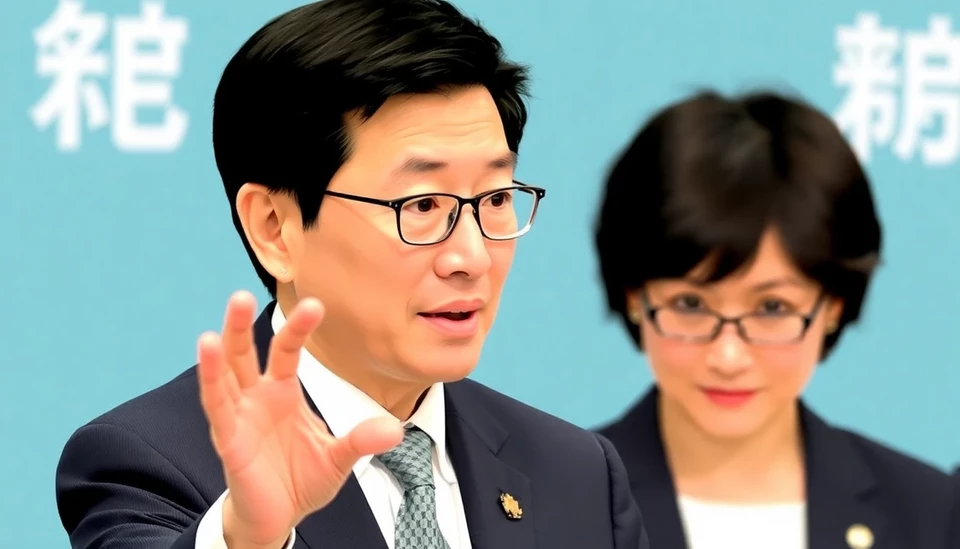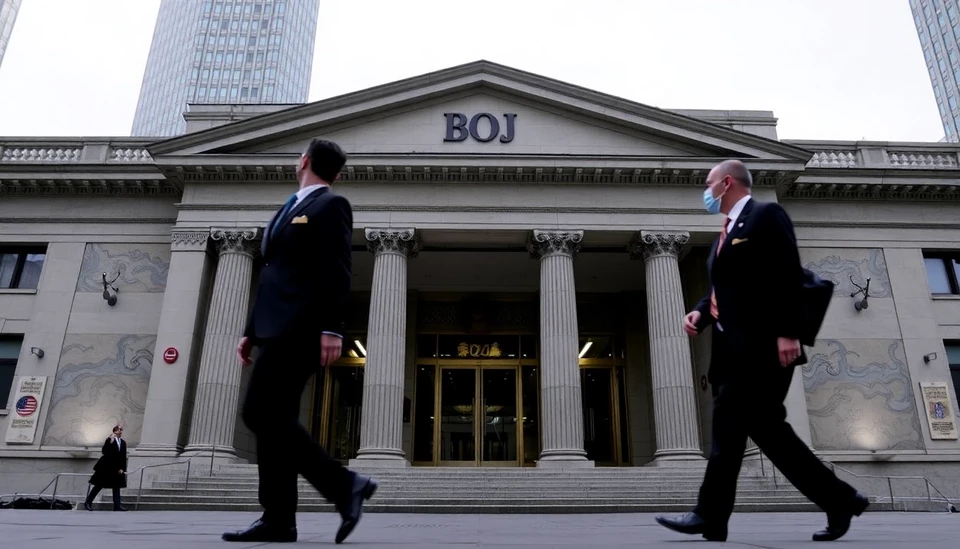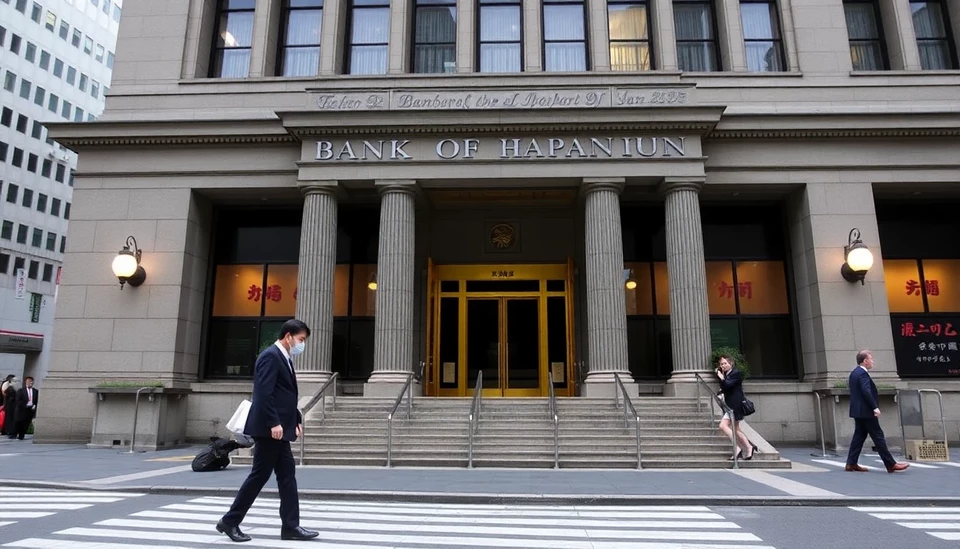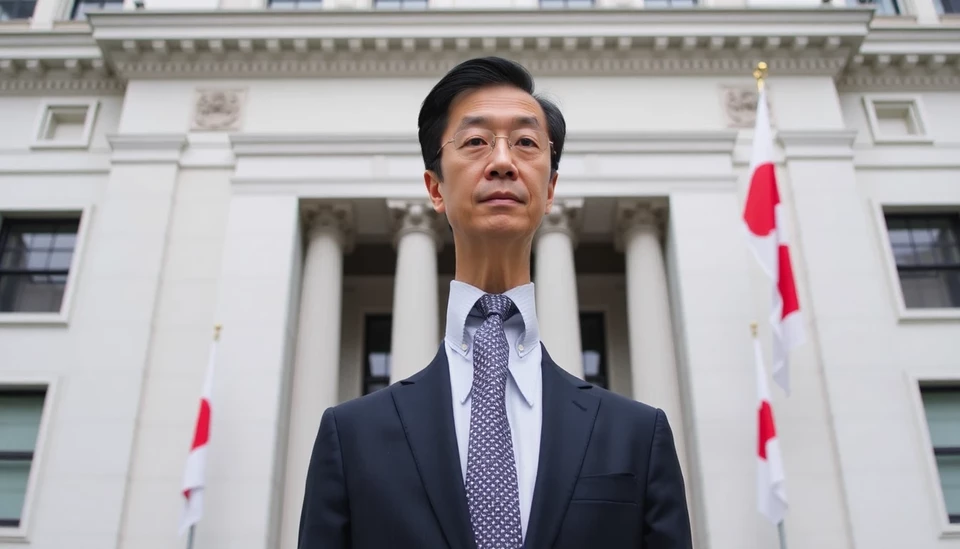
In a significant development for Japan's economic landscape, the leader of the Democratic Party for the People (DPP) has put forth the possibility of the Bank of Japan (BoJ) reducing interest rates. This move is being considered in response to a potential economic slowdown triggered by newly implemented tariffs that could place additional strain on the country’s economy. The statement has raised eyebrows and sparked discussions among policymakers and economists alike.
The DPP's stance comes as Japan grapples with a complex interplay of economic factors. With increasing global instability and supply chain disruptions, the introduction of tariffs could exacerbate existing challenges. The DPP leader emphasized that if the tariffs indeed hamper economic growth, the BoJ may need to reconsider its monetary policy to cushion the impact. This call for action underlines the party's awareness of the delicate balance between supporting growth and managing inflation.
The leader of the DPP articulated that the government must remain vigilant regarding the potential adverse effects that tariffs may impose on both consumers and businesses. They indicated that if the economic signals suggest a downturn, a rate cut could serve as an effective tool to encourage borrowing and spending, thereby stimulating economic activity.
Economic analysts have been divided on the implications of such a move. Some caution that lowering rates in an already low-interest environment could limit the effectiveness of the BoJ’s monetary policy arsenal. On the other hand, proponents argue that proactive measures are necessary to shield the economy from external shocks and to sustain recovery post-pandemic.
Japan's economic recovery has shown signs of promise in recent months, but this could quickly change if tariffs lead to increased costs for both imports and consumers. The potential for higher prices may dampen consumer confidence and spending, which are critical for sustaining recovery. Hence, a preemptive adjustment to interest rates might be warranted to mitigate these risks.
The conversation surrounding this potential rate cut coincides with other economic discussions, including Japan’s ongoing efforts to address inflation and support wage increases. The DPP has been vocal about the need for comprehensive policies that not only consider monetary aspects but also structural reforms that could enhance economic resilience.
Amidst these developments, it remains to be seen how the BoJ will respond to the DPP's suggestions and whether any policy shifts will occur in the near future. Market observers are closely monitoring the situation, recognizing the importance of clear communication from both the government and the central bank to maintain stability and confidence in Japan’s economic outlook.
As Japan continues to navigate these turbulent waters, the dialogue around tariff implications and monetary policy remains crucial. Stakeholders are urged to pay attention to the unfolding situation, as decisions made now could significantly shape the economic landscape for years to come.
#JapanEconomy #BoJ #InterestRates #DPP #EconomicPolicy #Tariffs #MarketTrends #Inflation #WageGrowth
Author: Laura Mitchell




